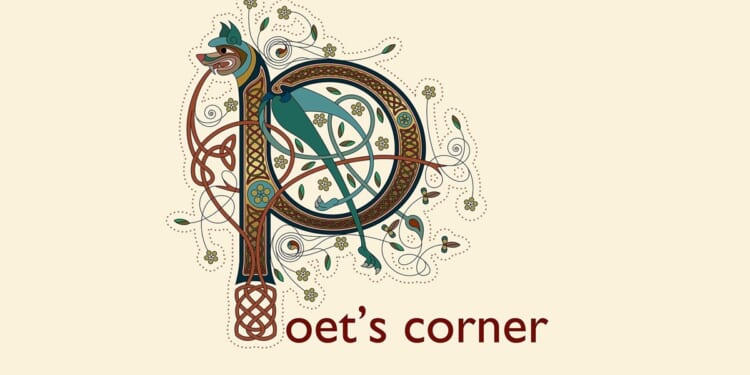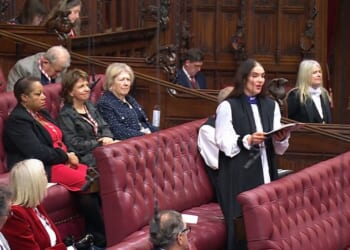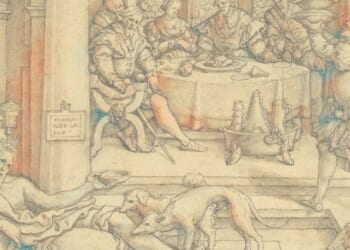I STARTED dipping into Burton’s Anatomy of Melancholy when I was myself a fairly melancholy teenager. I was reading it because I knew that Keats knew and loved it and drew inspiration and imagery from it, and I was, at that stage in my life, basic…
Source link
- Home
- Breaking News
- Malcolm Guite: Poet’s Corner
Malcolm Guite: Poet’s Corner
Related Posts
UN at 80 needs ‘timeless compass’ of Christian values, Cardinal Nichols tells Westminster gathering
MULTILATERALISM is threatened by “nationalism and protective isolation”, the…
‘The most delightful private chapel in London’
WHEN Anne Dellows was six years old, she suffered burns to her feet. That…
Church leaders condemn co-option of the cross in ‘Unite the Kingdom’ rallies
A GROWING number of church leaders have this week condemned the “misuse” of…
The Rt Revd Dr Gregor Duncan
The Bishop of Lichfield writes:THE Rt Revd Dr Gregor Duncan, who died on 21…
Lucy Worsley’s Victorian Murder Club and Grantchester
LUCY WORSLEY’s Victorian Murder Club (BBC1, 5 January) is a new three-part…
Pope Leo XIV’s character is starting to emerge
POPE LEO XIV has been hard to read. Pope Francis signalled his theology boldly,…
Biodiversity of Norfolk churchyards transformed through Community Payback scheme
CHURCHYARDS in Norfolk are being transformed through Community Payback, a…
Advent reflections: Hope, certainty, joy, courage
ADVENT is the season of promise and hope. The two concepts seem at first…
Quotes of the week
. . . because of God, love wins, no matter what can be done or said to control…

















